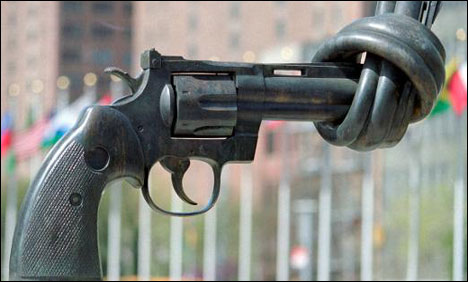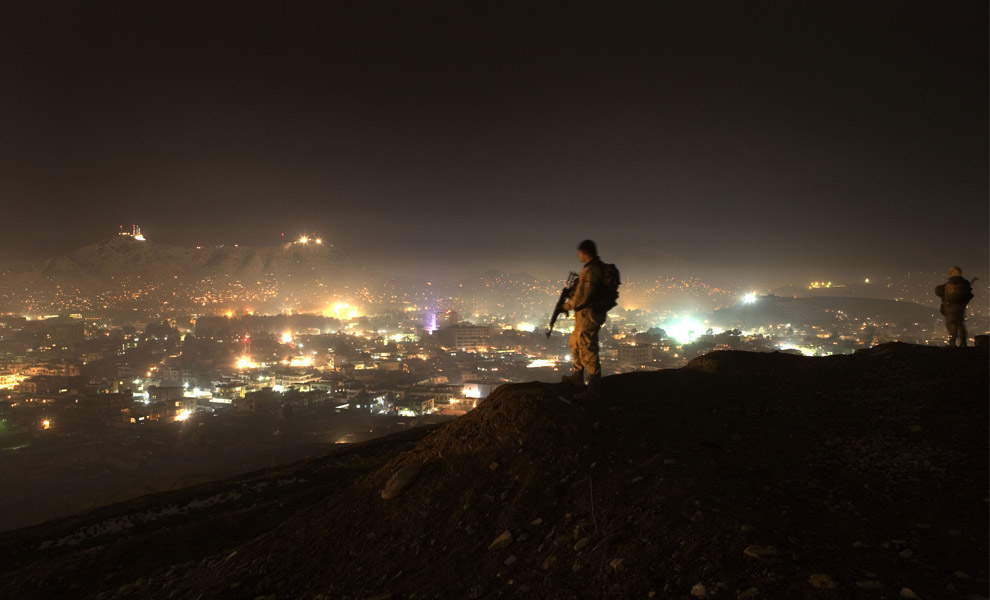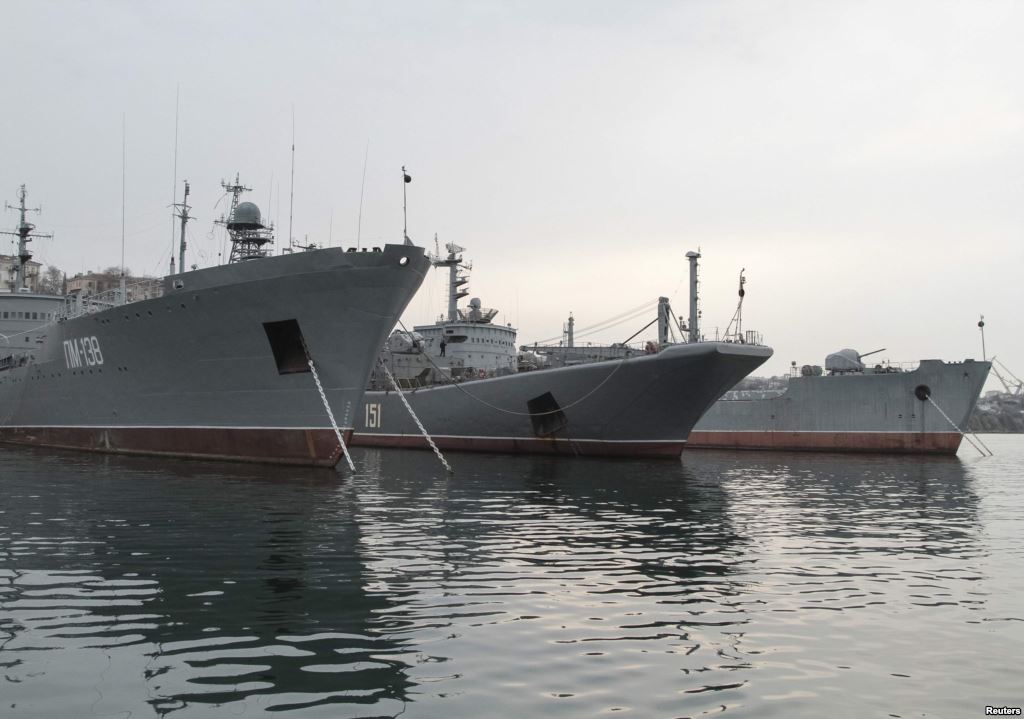In April, the United Nations voted overwhelmingly in favour of the Arms Trade Treaty, the first international treaty regulating the global arms trade. According to Foreign Policy, the treaty is being heralded as a landmark decision as it “seeks to impose new constraints on the sale of conventional arms to governments and armed groups that commit war crimes, genocide, and other mass atrocities.” Although denounced by countries such as Iran, North Korea, and Syria, much of the world seemed to come together over the need to control the world’s international arms trade, with the 193-member assembly voting 154 to 3 to adopt the treaty.
Despite an overwhelming display of support, however, the Arms Trade Treaty can only truly be successful if the world’s leading arms exporters ratify the treaty. Nonetheless, the effort to control the international arms trade got a substantial boost when US Secretary of State John Kerry signed the treaty on behalf of the US in September. Despite criticism from gun lobby groups like the NRA claiming that it will infringe on gun ownership in the US, and the fact that there has been some speculation as of late as to whether the Treaty would make it through Senate ratification, the signing by the Obama Administration allowed the Arms Trade Treaty to clear a major hurdle.
To date, however, the Harper government in Canada has refused to sign the Arms Trade Treaty. According to Foreign Affairs Minister John Baird, Canada has refused to sign the treaty because there is a potential link between signing on to the treaty and Canada’s now-abolished long gun registry. Arguably though, the Canadian government is folding due to the pressure being exerted by gun lobby groups in the country, and unnecessarily so.
Gun lobby groups both in Canada and the US have been trying to raise fears that this treaty will infringe upon legal gun ownership, and in the American case, infringe upon Second Amendment rights. According to Marc Garneau, in Canada, the main scare tactics being utilized are claims of a gun registry revival and complaining that the ATT may “potentially” raise prices and increase paperwork on firearms sold domestically for legitimate purposes.
In the US, the Obama Administration has been able to credibly prove certain claims wrong with factual argumentation. However, the Harper Government has done little of the same. Instead, they have folded to rather weak pressure, and refused to sign a treaty currently being signed by over 90 countries.
The simple fact of the matter is that for the Harper Administration, this is a matter that could affect them at the ballot box in 2015. They fear that because they came to power aiming to scrap the long-gun registry, this will cause them to lose votes down the road. These fears, however, are extremely exaggerated, as the writers of this treaty went to great lengths to ensure that domestic gun ownership wouldn’t be affected, knowing this would be a necessity for the US to sign.
At the end of the day, the Canadian government is bending to the rather weak pressure from a group that shouldn’t be exerting as much influence as they are being allowed to do. The Arms Trade Treaty has the potential to curb violence such as is currently being witnessed by countries like Egypt and Syria; violence that, if it persists, threatens to draw Canada in either militarily or financially. There was a time when Canada was a world leader in attempting to ensure peace, with treaties such as the Ottawa Treaty being signed under Canadian tutelage. Although Canada does not need to take a leading role, for the head of this country to bow down to feeble pressure of gun lobby group is an embarrassment to Canadians and our past as a country that has historically advocated for solutions to world violence.




